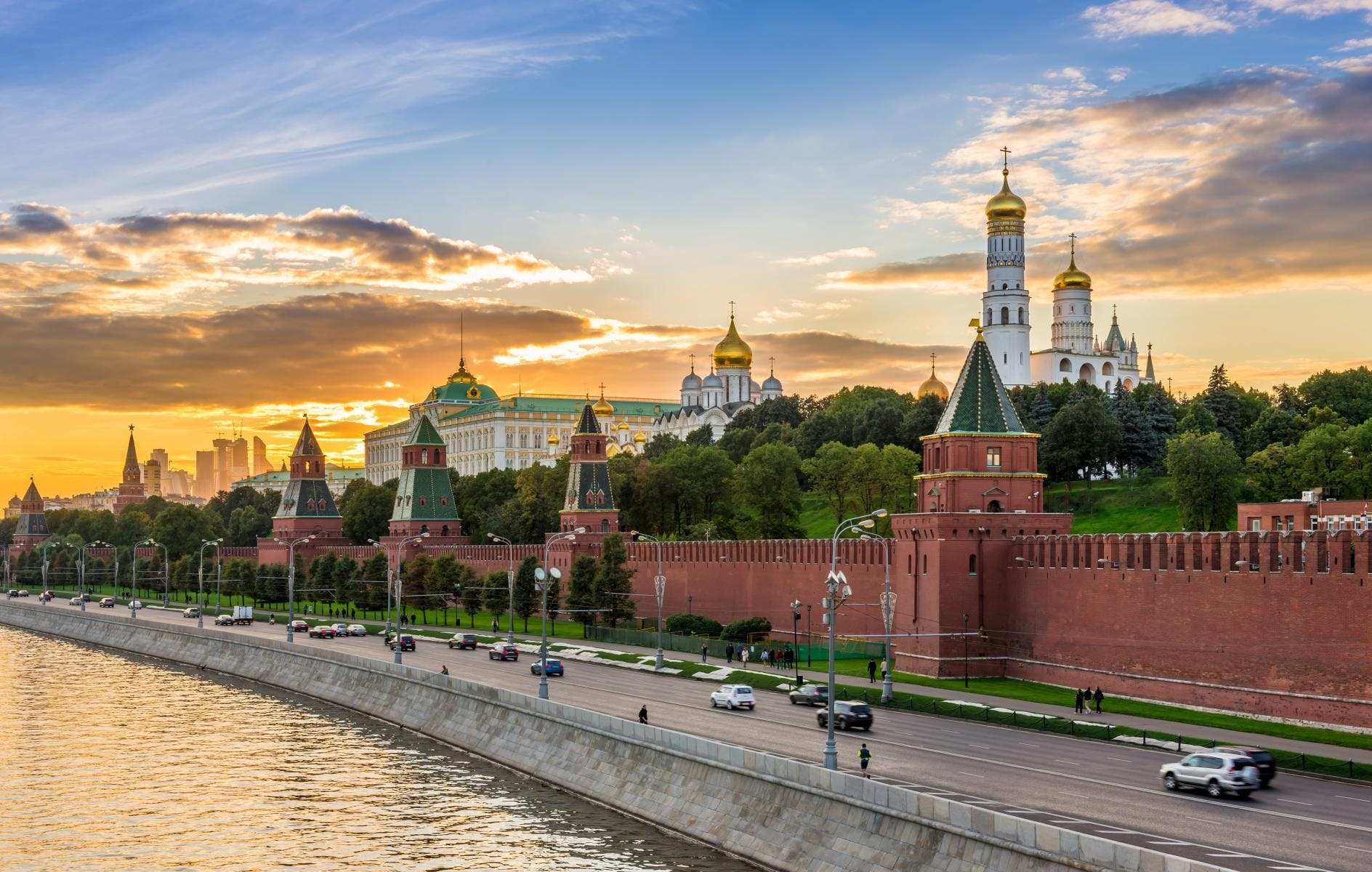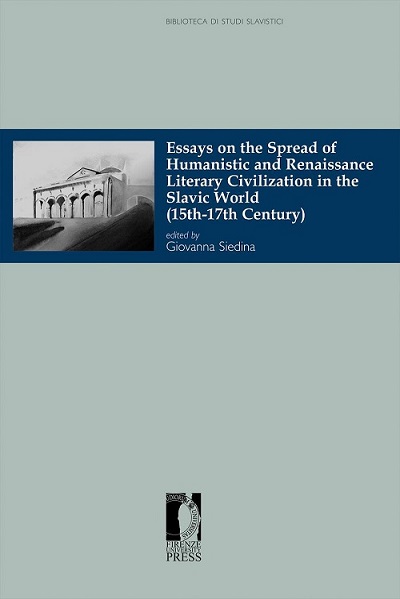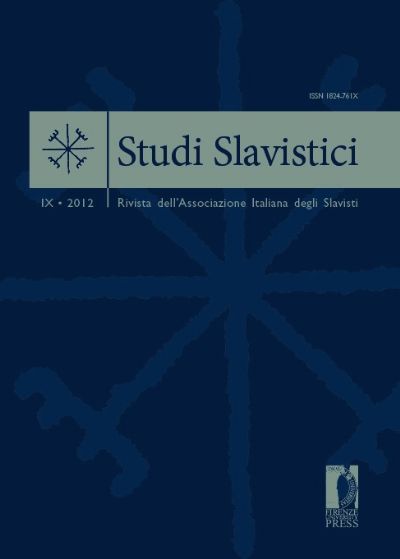Women’s Voices Between Russia and Poland. Myths, Nature, and the Creation of a New Identity
Myths have long shaped the way societies understand identity, gender roles, and power structures. Given their regulatory function, it is then important to reflect upon what values old and new myths (still) generate in contemporary societies. What happens when these ancient narratives are reimagined? This research question guides the essays included in this collection, which explores how the rewriting of myths can challenge – or even overturn – deeply entrenched gender paradigms that have dominated cultures for centuries.
Focusing on literature, visual culture, music, and performance, the contributors reveal how Nature acts as a powerful catalyst for this shift, offering alternative perspectives that reshape our understanding of identity and social values. By weaving together myth studies, cultural theory, and gender narratives, this volume highlights the need to reposition the feminine within the broader landscape of literary and cultural discourse.
Notably, the exploration of space too plays a pivotal role in this study. By examining how space interacts with myth and nature, the authors uncover strategies and frameworks that offer vital insights for contemporary Russia and Poland. In fact, in these post-Soviet countries, myth rewriting serves as a powerful tool for addressing the traumas of the past and forging new, collective identities.
This publication is the result of multiple National Research Projects, including “Myth (De)construction in Contemporary Women’s Literature in Russia and Poland: A Comparative Study” (PRIN 2015) and “From PostTrauma to Ecology: Contemporary Gender Narratives in Slavic Cultural Texts” (PRIN 2022), and demonstrates the powerful role nature plays in the retelling of myths.
In a world marked by uncertainty, this volume underscores the transformative potential of narratives – crucial for understanding cultural shifts, challenging outdated values, and fostering more sustainable, resilient societies.
Open access publication: https://www.pensamultimedia.it/libro/9791255682493


